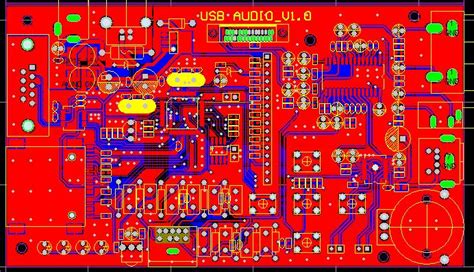
ALL ABOUT FLEX PCB
-
Analog circuit noise of the PCBs
Posted by
–
 Read more: Analog circuit noise of the PCBs
Read more: Analog circuit noise of the PCBsIntroduction to PCB Noise Printed circuit boards (PCBs) are essential components in modern electronic devices, providing a platform for mounting and interconnecting electronic components. However, PCBs can also introduce various types of noise that can degrade the performance of analog circuits. Understanding and mitigating PCB noise is crucial for designing […]
-
Vital PCB Design Tips and Tricks
Posted by
–
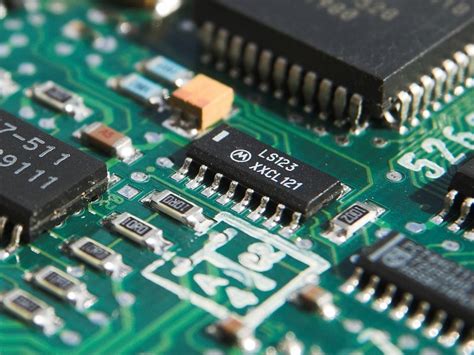 Read more: Vital PCB Design Tips and Tricks
Read more: Vital PCB Design Tips and TricksUnderstanding the Basics of PCB Design Before diving into the tips and tricks, it’s essential to understand the basics of PCB design. A PCB is a board made of insulating materials, such as fiberglass or plastic, with conductive copper traces printed on its surface. These traces connect various electronic components, […]
-
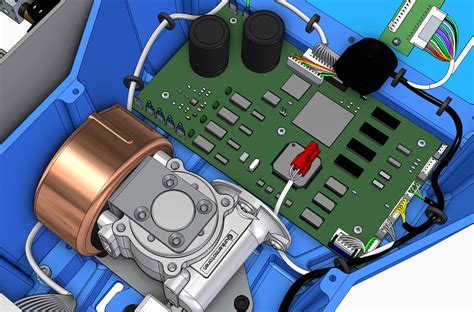 Read more: PCB Design Software The First Step to a New PC Board
Read more: PCB Design Software The First Step to a New PC BoardWhat is PCB Design Software? PCB design software is a specialized computer-aided design (CAD) tool used to create printed circuit boards (PCBs). It allows engineers and designers to lay out the electronic components and copper traces that make up a PCB. The software typically includes features for schematic capture, component […]
-
What Is The PCB Current Calculator(Latest)
Posted by
–
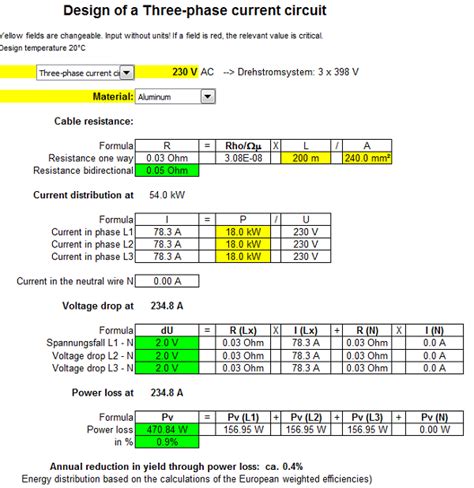 Read more: What Is The PCB Current Calculator(Latest)
Read more: What Is The PCB Current Calculator(Latest)Introduction to PCB Current Calculators A printed circuit board (PCB) is a fundamental component in most modern electronic devices. It mechanically supports and electrically connects electronic components using conductive tracks, pads, and other features etched from one or more sheet layers of copper laminated onto and/or between sheet layers of […]
-
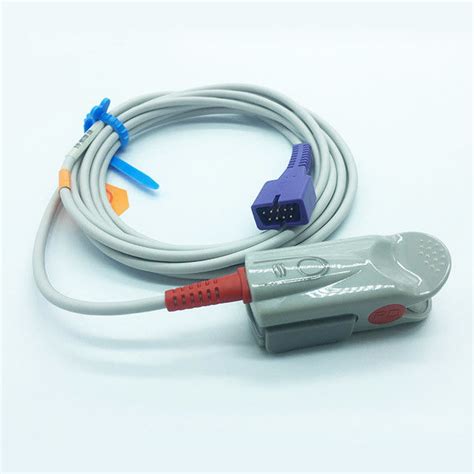 Read more: Finger Sensors: Types, Construction Forms, Applications, and More
Read more: Finger Sensors: Types, Construction Forms, Applications, and MoreTypes of Finger Sensors There are several types of finger sensors, each with its own unique characteristics and sensing mechanisms. Let’s take a closer look at some of the most common types: 1. Capacitive Sensors Capacitive sensors work by detecting changes in capacitance caused by the proximity or touch of […]
-
PCB Layout Design Service
Posted by
–
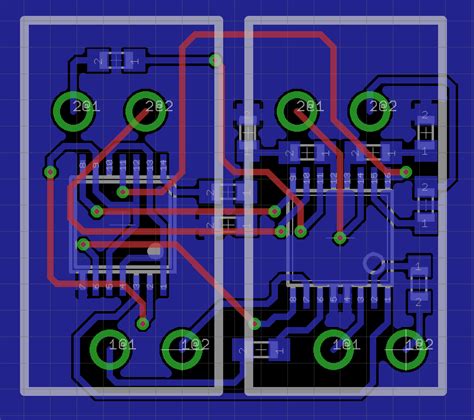 Read more: PCB Layout Design Service
Read more: PCB Layout Design ServiceWhat is PCB Layout? PCB layout, also known as printed circuit board layout, is the process of designing the physical layout of a printed circuit board (PCB). It involves arranging components and routing traces on a PCB to create a functional electronic circuit. The layout process is critical in ensuring […]
-
What Is The PCB Current Calculator
Posted by
–
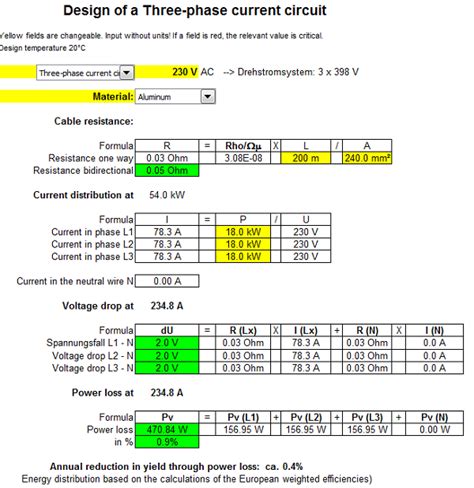 Read more: What Is The PCB Current Calculator
Read more: What Is The PCB Current CalculatorIntroduction to the PCB Current Calculator A printed circuit board (PCB) is a essential component in most modern electronic devices. It mechanically supports and electrically connects electronic components using conductive tracks, pads and other features etched from one or more sheet layers of copper laminated onto and/or between sheet layers […]
-
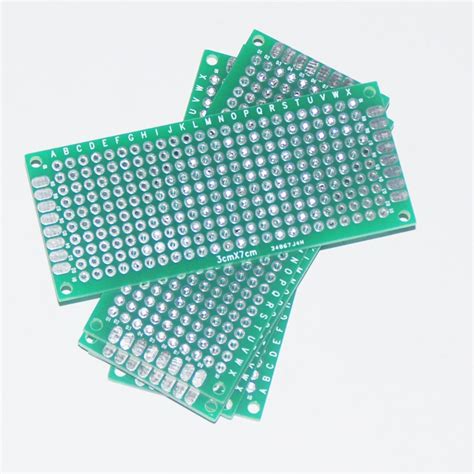 Read more: 10 Ways to Make a Prototype for Your Exact Needs – PCB Maker Tells You
Read more: 10 Ways to Make a Prototype for Your Exact Needs – PCB Maker Tells You1. Define Your Requirements Before you start designing your PCB Prototype, you need to define your requirements clearly. Ask yourself the following questions: What is the purpose of your PCB? What are the dimensions of your PCB? What components will you use? What are the power requirements? What are the […]
-
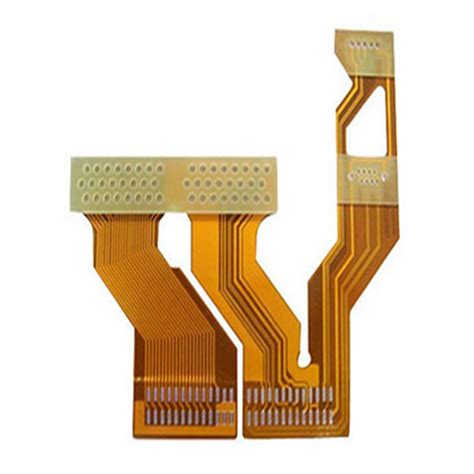 Read more: Knowing Your Flex PCB Prototype Supplier From 8 Aspects
Read more: Knowing Your Flex PCB Prototype Supplier From 8 AspectsAspect 1: Technical Expertise and Experience One of the most critical factors in choosing a Flex PCB Supplier is their technical expertise and experience in the field. Look for a supplier with a proven track record of successfully delivering flex PCB Prototypes across various industries and applications. They should have […]
-
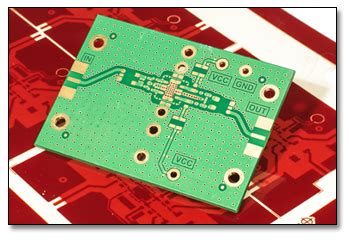 Read more: About 8 Matters PCB Prototyping You Need To Pay Attention
Read more: About 8 Matters PCB Prototyping You Need To Pay AttentionIntroduction to PCB Prototyping PCB prototyping is an essential step in the development of electronic devices. It involves creating a physical representation of the designed circuit board to test its functionality, identify any flaws, and make necessary improvements before mass production. In this article, we will discuss eight crucial matters […]




